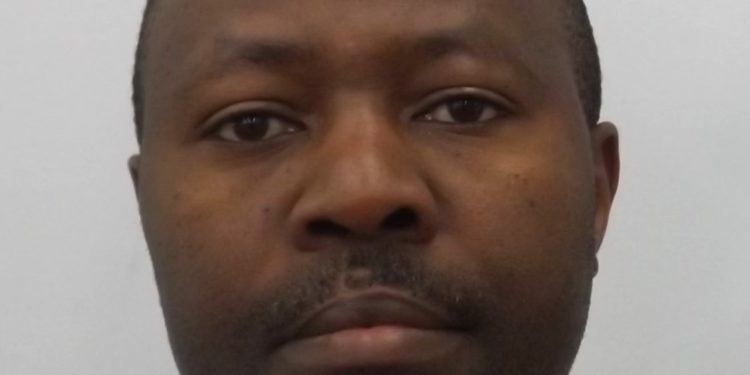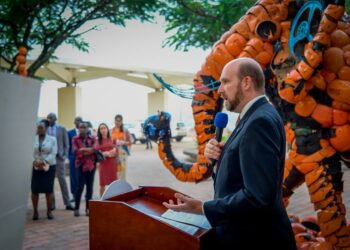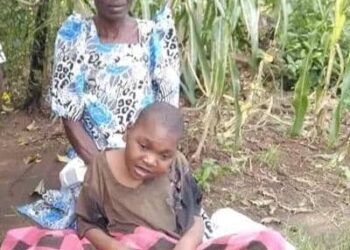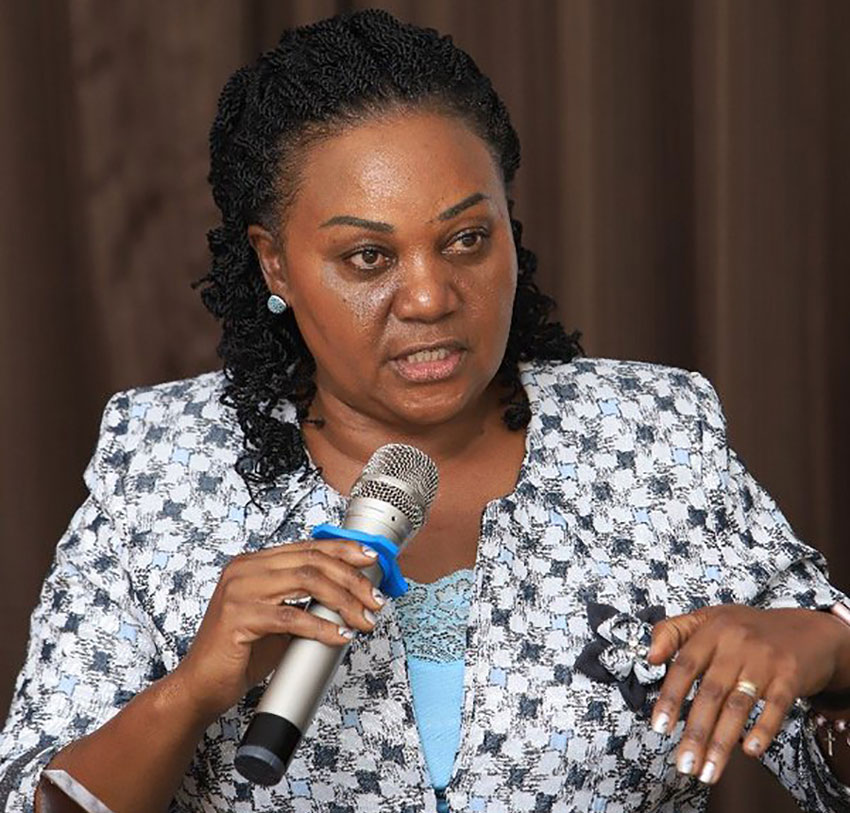It goes without saying that the COVID-19 pandemic has impacted every human being regardless of age, gender, race or class. This is because the COVID-19 challenge is not only medical but also socioeconomical. From kindergarten going child to University professor, village leader to the country president, homeless to villa dweller, developing to developed country, the shocks of COVID-19 have been felt everywhere. It has got everyone involved so much that in some cases we have seen nursery children leading their families in ensuring they adhere to the preventive guidelines given by the government.
COVID-19 is a disease that comes with both knowns and unknowns and thus has attracted passionate debate among the pundits and quickly become a fertile ground for misinformation and untruths. We win against misinformation by telling the truth. In science we always leave room for further information to become available from research. Therefore, at this stage we know the following about COVID-19:
- First reported around December 2019 in Wuhan province of China, COVID-19 disease is caused by SARS-COV-2, a virus from the coronavirus family.
- In some people the disease remains mild and may resolve without requiring hospitalisation. Others get severe symptoms which require hospitalisation, and the unlucky ones die. Common symptoms are fever, dry cough, sneezing and in severe cases loss of ability to breathe.
- The virus spreads in little liquid droplets when someone coughs or sneezes, and can be spread by people showing no symptoms. The virus can stay alive on different surfaces for varying amounts of time. Research still ongoing to establish whether the virus can stay afloat in air for a long time.
- There is no approved curative medicine and/or vaccine for the disease.
- The only control measure available is limiting the virus spread by avoiding contact between infected and uninfected people commonly known as social distancing.
With all due credit, the government of Uganda has been resolute in implementing the social distancing measures. We can debate the modalities of implementation, however, in a situation like this where there are no medicines, no vaccines and the virus spread by those looking otherwise healthy, stopping people movement becomes inevitable. Leadership given by the president in the current circumstances is phenomenal and should be applauded. Maintaining feeding for everyone and access to healthcare by those suffering from other diseases becomes a challenge. I have actively listened to all the presidential press briefs and my analysis is that the president really means well for every Ugandan and want them to be treated well during this crisis. The generous response to the presidential appeal for donations by various organisations, institutions and individuals has been heart-warming. This is an indication that Uganda and Africa at large could survive on their own without overseas donations.
The battle against COVID-19 has quickly turned into an information war. Too much confusing information to discern what is true and what isn’t. Unfortunately, the sources of information are too many and it is not sustainable to police every piece of information. One of the consequences of wrong information is resistance of future medical interventions to stop COVID-19. The internet is the current and future leading medium of information flow. As we invest in the media to fight misinformation, it is important to be strategic and invest in means that will reach more people. For example, a good message shared on an online platform will reach many Ugandans than a bill board placed somewhere in Kampala. Secondly, media houses and Uganda media centre should invest in fact checking sessions on TV and radios where experts debunk the lies told on social media.
In the long-term, invest in education that trains pupils and students in critical thinking and critical appraisal of information. Ability to question authenticity of every piece of information received will protect people from being victims of misinformation. More importantly, the government should invest in research that generates the knowledge and tools needed to thrive in peace times and fighting back in crisis like COVID-19 pandemic. For example, the test reagents that African countries are spending millions of dollars to buy from overseas, could be produced cheaply if there were local biotechnology industries.
Do you have a story in your community or an opinion to share with us: Email us at editorial@watchdoguganda.com













